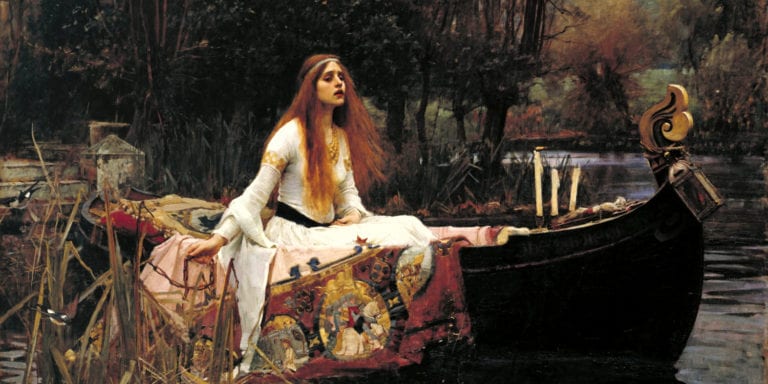
Sir Walter Scott was hugely popular in the 19th century. Now he is pretty much forgotten.
My dad’s parents had a set of the Waverley novels. Many families in the 1800s and early 1900s proudly displayed their cloth or leather Scott sets on oak shelves in their home libraries. Now the many antique Waverley novels sets we get are always relegated to our Books by the Foot #BookRescue program.
They are pretty. No longer collected and unreadable but pretty.
When I was a kid, my dad gave me his copy of The Lady of the Lake. It was a pretty little book. It looked much like this:
I imagine I still have it somewhere, but I haven’t seen it in years.
It had adventurous looking engravings, and I thought it would be an exciting read.
It was a tough slog. To a young teen, a long narrative poem in early 19th century English with a pretty complex plot was more pain than pleasure.
Still, I’ll never forget it. That book connects me with my father. It came from his family place in Texas so it connects me with that as well.
We recently got a nice run of early Scott and James Fenimore Cooper. I found them on a cart set aside for me to look through this past weekend. Most odd the Cooper’s did not have his name on the title page. This is not a first but an early edition of The Last of the Mohicans unfortunately, but it is still pretty cool. The book was first published in 1826. This copy was done in 1836. It was published in two small volumes (a double-decker.) Why? Another mystery. Published in one volume, the book wouldn’t be very large. Why bind up two books instead of one?
I’m not sure why so many pre-1850 novels don’t list the author’s name, but rather they state on the title page that this book is “by the author of [a previous book by the author].” In earlier days, authors were not considered respectable. So many authors—especially if they were noble—did not want their names associated with their published work.
The Last of the Mohicans is another iconic title whose importance as “literature” is still firmly in the lexicon, but whose actual contemporary readership is, I believe, infinitesimal. I’ve tried rereading it in recent years. It is a pretty tough slog. Still the “Leatherstocking Tales”, Natty Bumppo (a.k.a. Hawk-eye) are familiar names to most readers of literature. But except for the 1992 movie starring Daniel Day-Lewis, there doesn’t seem to be many contemporary mentions of it.
The Lady of the Lake… I suppose as a youngster I got Scott’s epic poem mixed up with the Arthurian Lake as well as the Lady of Shalott. I had a very large print of this in my room at home and then my dorm room at college.
I’m keeping this duodecimo of Scott’s Lady that I found this week although I think it is unlikely I will ever read it again.
It is a little leather jewel.
Book love.
I did do some research on the poem and found some surprises. The plot is pretty complex and involves Highland clans.
The poem was tremendously influential in the nineteenth century, and inspired the Highland Revival. … The influences of the poem, The Lady of the Lake, are both extensive and diverse, given that both the last name taken by the leading African-American abolitionist, Frederick Douglass (who took that name as a runaway slave in order to hide from his slavemaster), and the Ku Klux Klan custom of cross burning derive from the influence of the poem (through the film Birth of a Nation.) But, the Fiery cross or Crann Tara was a device for rallying people in Scotland and did not carry racist connotations.
…
And Walter Scott’s poem, in the German translation by Adam Storck, was set to music by Franz Schubert in his work entitled Sieben Gesänge aus Walter Scotts “Fräulein am See” (Seven songs from Walter Scott’s Lady of the Lake.) This includes the three “Ellen songs”: “Ellens Gesang I”, “Ellens Gesang II”, and “Ellens Gesang III.” Owing to its opening words, “Ave Maria”, “Ellens Gesang III” is sometimes also referred to as “Schubert’s Ave Maria.” However, the music has become more famous in a later adaptation that replaced the Scott/Storck text with the Latin text of the Catholic “Ave Maria” (“Hail Mary”) prayer. Other songs from the poem set by Schubert are “The Boat-Song” beginning with the famous lines “Hail to the Chief.
So, when I take this book home and put it on my bedside for a while, I will think of my father and his youth in San Marcos, Texas. I will think of picking up his late 19th century edition. It was on a shelf in the old homestead in Amherst, New York. I likely thought it would be an exciting adventure. Maybe I’d seen or read the Classics Illustrated comic book version? I certainly remember my first reads of Ivanhoe and Moby Dick were Classics comics.
I will think of reading the long poem and struggling through and wishing it was more understandable and “adventuresome.”
And now I will think of Ave Maria, fiery crosses, Hail to the Chief and Frederick Douglass.
It is the end of January. The month flew by. But I’m pretty happy with my seizing of the days. A magical weekend in an 18th century stone house in Luray, belated bulb planting, Caps hockey, To Kill a Mockingbird at the Weinberg, Key West, The Beatles Tribute band at the Weinberg, David Bowie Live Album band recreation at the Weinberg, and, last night, A Hard Day’s Night on the big screen…at the Weinberg.
Lots of Weinberg events…LOL.
In between there were a lot of books and a blog or two every Friday. A few very wonderful books!
A friend sent me this giant Dali Alice.
I grabbed some of my old collection from Pennsylvania and brought them to be safer in the warehouse.
The old wine room at the old homestead in Pennsylvania had to be renovated. The contractor brought down the ancient dusty old bottles.
That’s a lot of old wine! I’m not sure about many of the bottles. Maybe now too old. Some were crap New York wines I acquired on trips to western New York. I soon learned I didn’t like them much. Should have used them for cooking long ago. I bet the Bonny Doon Cardinal Zins will be quite good however!
Oliver Goldsmith wrote: “I love everything that is old; old friends, old times, old manners, old books, old wines.”
It is Thursday.
Wednesday was tough.
I was awakened in the wee hours by coyotes or some kind of howling canids. I wrote a “poem” about the sleepless night. It’s not really verse. Just a dreamy account of living in the wilderness. But I’ll put it at the end. I’m afraid if it was placed here some readers would bolt.
I was in a decidedly groggy and grumpy mood when I got in to work. I had emails and phone messages from someone at the accountant telling me things I knew were wrong…I hate that stuff.
I knew at 2:30 there was an insurance and employee benefit and employer requirements meeting with the top six people here and three reps. I’m no longer just a bookseller who hires people who want to work with books and get a paycheck every two weeks. Mandates have forced us to become nannies for all kinds of benefits, health insurance, numerous employment taxes, retirement accounts, vacation and sick leave calculations…
We’d had hours of prep meetings in advance of this meeting. I knew my afternoon would be more than dreary. Would going to get my teeth drilled be more enjoyable? A toss up.
A book scout, Larry, had dropped off a load of books outside the night before. I don’t encourage this, but the building does have an overhang to protect them. I told him if he had to do this to text a picture and box count of what he was dropping off so we would know whose they were when we arrived in the morning and could accurately pay for them.
I was wandering around in a kind of daze and asked Ernest if he had recorded a “tracking sheet” for them.
“If we don’t, we won’t know what Larry’s talking about when he wants to get paid.”
We get a lot of boxes of books in from many sources. We try to be very careful to check what gets dropped off in order pay accurately for them…in fact, to be sure we pay for them at all!
I went back to the conference room and caught up on emails and other correspondence.
A guy had come into the warehouse a few days earlier and said he had books and CDs he wanted to get rid of. A follow up email message said he was “moving to the Phillipians [sic].” Spell-check…
LOL! I called him, and he told me he had given everything away to a guy who was also a musician. I guess a 3-day wait was too long.
“Ok! Good luck with them! And with your move.”
I did a few carts of old books. Nothing real exciting.
Caryn, a top sorter, found this:
Leonard Cohen. I love so much of his music. I don’t really like the “artist.” The documentary I watched about him on a plane last fall revealed unhappy surprises about his personal life. I knew he was kind of a mess and a womanizer and… Still this book put me in a slightly better mood.
I wandered back out to the dock. Larry’s pallet now had Ernest slips on it. It must be mostly older non-ISBN stuff. That’s his forte. I struck my nose in a box. The first book was a Tennessee Williams book of poetry from the 1940s. No dust jacket. Pretty worn, but not the typical kind of thing that walks in here. I rooted around, and then I was “lost.” I got a pallet jack and took the pallet to a spot where I could go through it myself. I rarely go through “raw” collections any more. There’s no time. Almost every book I see is sent to me by sorters who are following guidelines as to age, potential value…and some things they just think I’d like to see. Going through those is a massive effort. Thousands are generated every week. There’s rarely time for me to “play” with books someone else hasn’t already gone through.
It turned out to be one of the nicest and most evocative collections I’ve seen in a long time. They were also, almost uniformly, in dreadful dusty dirty condition. It was the kind of dust that works its way into the top edges and boards and paper and can’t be simply wiped off.
But book after book took me back to my early book collecting and, then, formative bookselling days.
Back then I was a modernist more than anything. I liked literature and poetry from the middle and late 20th century. I’d read plenty of older lit—going back to Beowulf and Gammer Gurton’s Needle. I certainly enjoyed Shakespeare and Milton and the romantics. I developed a great fondness for Dr. Johnson. I became an English Major at Connecticut College after my father died between my Junior and Senior years. I gave up on the idea of going to medical school. But since I could easily complete the requirements for a Zoology major, I ended up with a “double major.” My liberal arts education for Conn has served me very well as a generalist bookseller.
The surveys of English Lit I was required to take forced me to read things I never would have known about on my own.
I was well served throughout my adult life from the History, Art History and Creative Writing and other life broadening courses. Even the 6 semesters of German I took was a very useful exercise. I got an excellent grounding in continental literature.
Reading the Greek and Roman and other ancient classics in the year of Ancient History I studied helped me understand so many of the allusions I would read in later works.
The adventures of Gilgamesh and Enkidu have stuck with me to this very day.
For most people, a liberal arts education in the Humanities is not helpful for a career. For a generalist bookseller—well, I know a little about a lot of things.
But modern literature and poetry began to appeal to me as well.
I had a summer job working in the seafood department at Giant Food. I was moved around to different stores around Montgomery County, Maryland. I ran into all manner of exotic ethnicities in the various neighborhoods those stores served. It was a nasty stinky yucky job. I had to join the Amalgamated Meat Cutters Union in order to work. For a little while I was a “union man.”
Before heading off to college, I learned to clean fish and how to handle all kinds of seafood. At the end of every night I would have to ice the cases and then mop down the tile floor with bleach. It was always cold working back there even in the summer. My blue corduroy pants bleached white progressively from the cuffs nearly up to my knees. When I would get home, my mother would make me change my clothes out in the garage because of the smell.
It paid well. $4.25 per hour! Although a big chunk of that went to union dues.
I recall vividly buying a paperback of Grendel by John Gardner. I knew Grendel was the monster in Beowulf. Why did I pick out this book? Maybe it was the cover. I would keep it hidden in the fish department and read it on the sly when there were no customers or work to do. I became a fan. I sought out paperbacks of his other works. I also discovered Borges and would travel around the DC region searching bookstores for unusual titles that Walden Books would never stock. I worked hard building my paperback “collection.”
The next Gardner I read was The Wreckage of Agathon. I recall Agathon was an aged lunatic poet who existed only on a diet of onions. The novel was full of “gas” jokes.
Flash forward to 1980 when I took a job in a used bookstore in Gaithersburg, MD. It was to be a “summer job” with me going to Grad School at George Washington University in the fall. I immediately fell in love with the work. Instead of searching far and wide for books, people were driving up to the old Book Alcove with carloads of books for me to root through and try to buy.
Within weeks I was certain this was where my heart was. I opened my own bookstore (with Carl Sickles’s advice and assistance) just a few months later on September 21, 1980.
Once I became a bookseller, I discovered the appeal of hardcovers and then first editions. I became a hopeless addict. I sought out first editions of Gardner and Borges and John Fowles and…
Gardners books were kind of hard to find. He was a “collected” author. His first editions were astronomical in value. They often sold for $25-$50 by specialists! Tragically Gardner died in a motorcycle wreck in 1982. I was saddened he would write no more. I redoubled my efforts and so soon had all his major works. Then came the posthumous limited and slipcased editions. I couldn’t afford those…yet. They weren’t the type of book that would wander into a used bookshop in Frederick, Maryland either. John Gardner…I hadn’t thought of him for a long time. I know precisely where his books are in my old home in Pennsylvania. John Gardner…
Is his most famous quote really:
“There are only two plots in all literature: a person goes on a journey, a stranger comes to town.”
These early years of my bookselling career were also the beginnings of the Hyper-Modern Book Collecting phenomena.
I got on board as a bookseller and as a collector.
Edgy writers like Jim Harrison, venerable genre writers like Elmore Leonard got “discovered” and then their books became “hot.” Their prices soared.
Barry Hannah, Norman Maclean, Harry Crews… people would buy them not necessarily to read—but to “have” and keep on shelves.
I would get so excited when nice copies of the exotic Hyper-Modern “literary” writers’ first editions would come in. If it wasn’t one I wanted personally (or already had a copy of that didn’t need upgrading), I could put it out for sale and a collector or specialist dealer would snap it up for good money!
Then in the late 90s the internet changed the bookselling world and most modern firsts were revealed to have pretty large populations, and their value crashed rapidly. Supply and demand.
I’ve already written at length about the Hyper-Modern Boom and Bust here: Boom Bust—What Was a Hyper-Modern?
Not too many years later a lot of these late 20th century authors fell from general popularity. (I’m not so sure some of them were ever really “read” that much—they were collected.)
So, on Wednesday early afternoon January 29, 2020, I became a time traveler—if only for a few hours. I went through every liquor and wine box Larry had packed and dropped off. Not long into the process, I texted him:
“Where are these from?
Good authors
Filthy condition”
He replied:
“A cabin poet”
“Actual cabin? Dead?”
“Yes & yes”
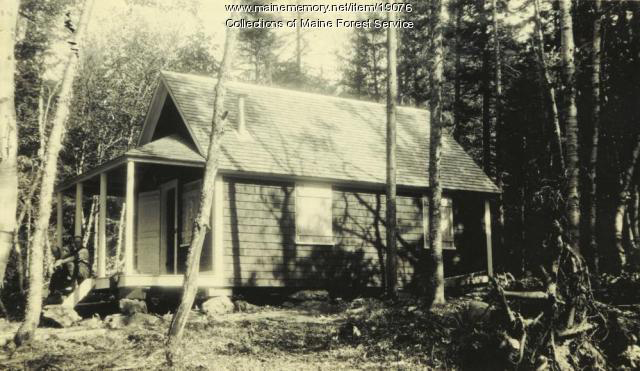

I started finding books in beautiful handmade cloth slipcases. The poet was also a craftsman. But so far every book he protected in the “vernacular sleeves” is a book of no possible collectible value. Why did he work to create a slipcase for this?
It was so much fun.
It was so frustrating and saddening.
At one time I would have wanted so many of these books.
At one time they would have been pretty valuable. But even at their height, the demand for Hyper-Moderns was based on great condition and excellent dust jackets.
Then I came upon box after box of poetry. Most of it was late 20th century. Most were people I’d never heard of even though I studied modern poetry for 4 years under William Meredith and Brendan Galvin. If I did come across a Wallace Stevens or Charles Olson or TS Eliot, it was a reissue or ex-library or dirty filthy dusty. There were a couple books by my old friend Richard Peabody who was and is quite an important figure in the DC lit scene.
Yes, this was very much fun.
At 2:30 I was paged for the insurance/employment meeting. I dragged myself from the books and into the office. I sat through two hours of dreary “business.” But I did my duty. It goes with the job. My brain hurt by the time I was set free.
Most of the dead poet’s books I sent out to the stores. They just weren’t collectible copies. Gaithersburg especially will have dozens and dozens of obscure books of poetry which I pretty sure will languish on the shelves until they are eventually removed—by us—to make room.
Very few went online. The condition problems made them unsellable via mail order.
Some went to be researched. Maybe their value has held up enough that they’ll have some collectible value even though they are “ruined.”
Larry showed up later in the day dropping off another collection from a different house call I’d referred to him.
I quizzed him about the dead poet and the cabin. He told me this was only a third of the collection, and he was returning to the rustic fire cabin the next day—today.
“Take pictures please! Send images of books if you have any questions or the heir is hesitant.”
I wanted more of the old friends to play with. I wanted to know more about this poetic “ghost.”
It is Thursday afternoon. 2:30. Larry has sent some pictures of books on shelves. Mostly of common Folio Society classics in slipcases. These are nice but not very valuable. But the condition doesn’t look that dreadful.
We will see…
Friday, January 31st
Numbered days are just arbitrary measures. Yet I can’t help but feeling that this last day of the first month of 2020 is an indicator.
The year is already slipping away, and nothing has really changed in my life. Relationships are stagnating.
I attended a meeting of the Frederick Metaphysical Club at a brewery yesterday afternoon. It is essentially a drinking club a couple friends and I came up with a couple years ago. Any member can call a meeting at any time and at any place. There are no rules. Every member is a “president.” No dues. Anyone who wants is a member. The guys are mostly retired professionals. A lot of them were doctors and lawyers. So, although the club is named “Metaphysical”, there is little serious scholarship discussed.
Yesterday, when that point came up, I posed the question: “Why is there beer?”
Then a friend—a retired doctor and brilliant person posed the question: “How would you like to die? A sudden massive coronary on the golf course?”
Another friend replied: “Yes.”
I used to want my end to be sudden, unexpected and instantaneous. My brother Joe, who died almost two years ago, had a dreadful end. He spent years on his back in a nursing home—a dreary one. The television was on seemingly 24/7 and because his hearing was failing was always turned way up. Most of his kids rarely—RARELY—visited. An insult for which I cannot forgive them. Likely, after a stepson who lived nearby and did all the work for his case, I was his most frequent visitor. I took the 1.5-hour drive less than once a month and felt guilty about that. He was 15 years my senior.
I certainly would not want that fate. But he never seemed to long for release from his mortal coil. But often he would ask me to take him away from there. That was impossible as he couldn’t stand and had limited use of his hands.
My brother Jim who passed in 2002 was diagnosed with liver cancer in July. He died in October. He didn’t suffer much in those months. In fact, he was fairly functional. He was mentally alert and sharp almost til the last days when he slipped into a coma suddenly. He was able to say goodbye over those last months. We were able to say goodbye…
I told my friends over my NEIPA that short quick untreatable illness with no suffering would be best.
I could say goodbye. I could put my affairs in order. Maybe read a few last books.
And I could make sure my book collection got the best results I could come up with.
I hope that is a long way off. So far, so good. No sign of anything failing.
If I start to slip, perhaps I can go like Gardner’s Agathon. An elderly eccentric inspired lunatic writing and eating lots and lots of onions.
Then I met another friend for dinner at a Pho place. I tried not to be moody or melancholy. I had two too many Mai Tais.
When I came in this morning, Larry had texted me a picture. He had dropped off another 49 boxes he had bought from the Poet’s Cabin.
I learned the man’s name. Paul Grant. I googled his name and found some info. This is the most comprehensive: http://shepherdstowngoodnewspaper.org/wp-content/uploads/2019/12/239204_GNP_Winter19_web.pdf
I looked in a few of the boxes. I’ll likely go through them this weekend. The initial load was a surprise. Pure luck or fate that I peeked into those particular boxes amongst the 1000 or so other pallets of books here. This will be an honor. I will treat these books as best I can. I certainly think they came to the best place for their idiosyncrasies. Maybe Wonder Book is the only place. The “last place.”
I saw more of his handmade boxes. I’d like to ask him why he made these beautiful slipcases for worthless books. So far no two seem to be made of the same cloth.
He did have some nice books that would have merited the effort. He could have protected the Barry Hannah and Jim Harrison et al.
I posed the question to fellow booksellers on the ABAA Discuss line.
“Maybe it was just a hobby.”
Maybe…
I probably met him some time. A number of the books have our stickers on them. He lived between our Frederick store and Hagerstown store. But I haven’t regularly worked the counter at a store since the early 2000s.
Earlier this week when I wrote the “poem” that follows, I had no idea I would soon be handling a real poet’s book collection.
A real poet who lived the writer’s life in a rustic cabin in the wilderness.
WINTER DOG
—Charles Roberts
1/29/20 “Lonely Mountain”—the Catoctins
The winter dog howls
out in the woods
beyond the houselights
It barks like a pet
lost in the forest
on a cold black night
It yips like a coyote
wild, scared, bold
yearning to come closer
Curious of domestication
Closer farther louder silent
A howl in the blackness
More, yowling
No dog
Could it be more
A wolf?
Down from the mountains
I step outside for firewood
It is a cold night
Cautious, I shine a light
into the woods
Will I see two glowing green eyes?
I peek around the corner of the house
A heavy steel light
An empty wine bottle
in my hands for defense
Nothing
I drop the bottle on the gravel
It can wait there for day
I wrap my hand around a heavy split
Oak, I think
Cut a year ago
Seasoned in the barn
To bring heat and light
inside the brick walls
I turn off the spotlights
North and south
If the beast comes close
they will come on of their own accord
It is silent
In and out
I climb into bed
Between flannel sheets
Under thick coverlets
In my bed
In my room
In my home
The wild outside all around me
I put my face upon the softness
and think of sleep
Then wonder if I rise
and look out my window
will I see a pack below?
Gray and brown
Milling in the dark cold
wondering at the warmth
above and within the walls
There is no sleep tonight
I think of the snake in the rain
that warm summer night
I stepped out on to the drive
It curled into two S’s
and hissed at me
Water streamed all around
on the black pavement
It curled and reared
fearless of the giant doom
standing above it
Beady eyes mouth agape
I fetched a shovel
and smashed it
I had to know where it was
It would not do
to have a serpent under the steps
or out in the dark beyond the houselights
To tread upon it
would change my life
for a week or a month
or eternity
It is quiet now
black and silent
The canid has moved on
I was always safe
Warm in my bed
In my room
Inside my walls
But for a while out there
beyond the houselights
was a doom
Calling warning
Summoning, querying
I turn off the lights
rest my head
close my eyes
Does it skulk outside?
It does not matter
It cannot get in
I will not go out
Dawn light is a few hours off
I will reawaken then
and see there is nothing there now
gone with the night and dark
Come sleep
There is nothing to fear
Nothing to hear
but my own breathing
upon the pillow

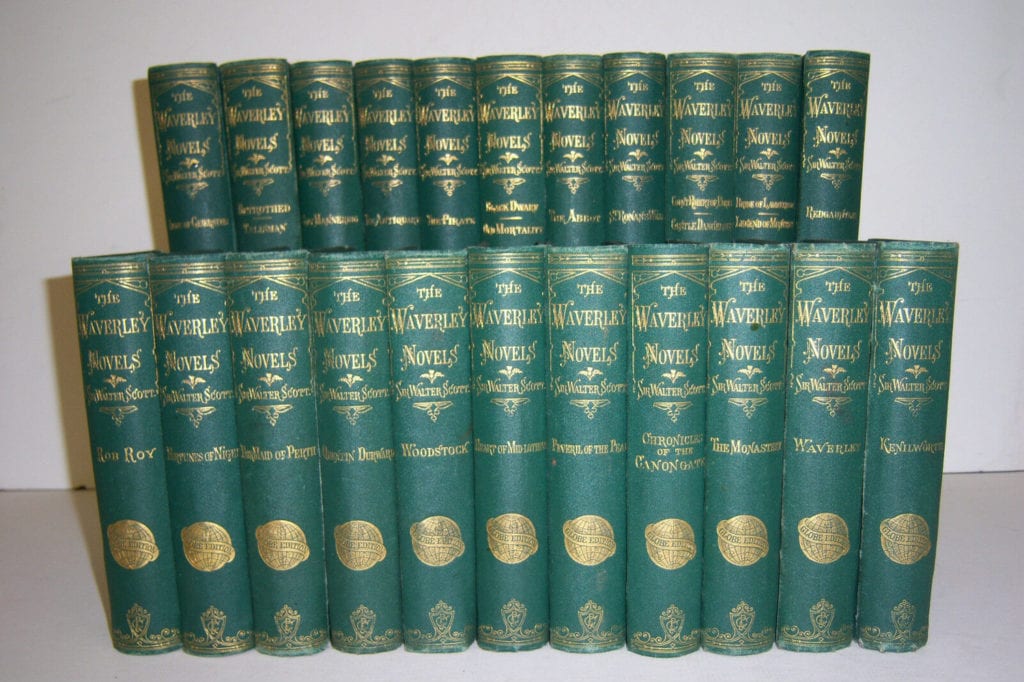
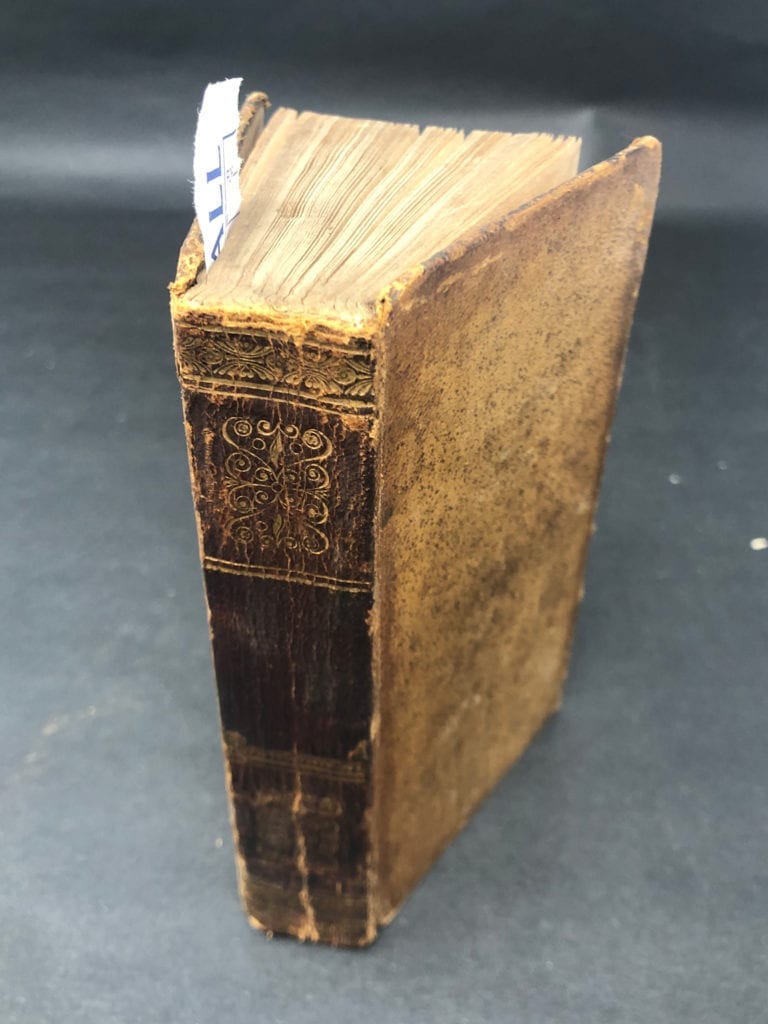
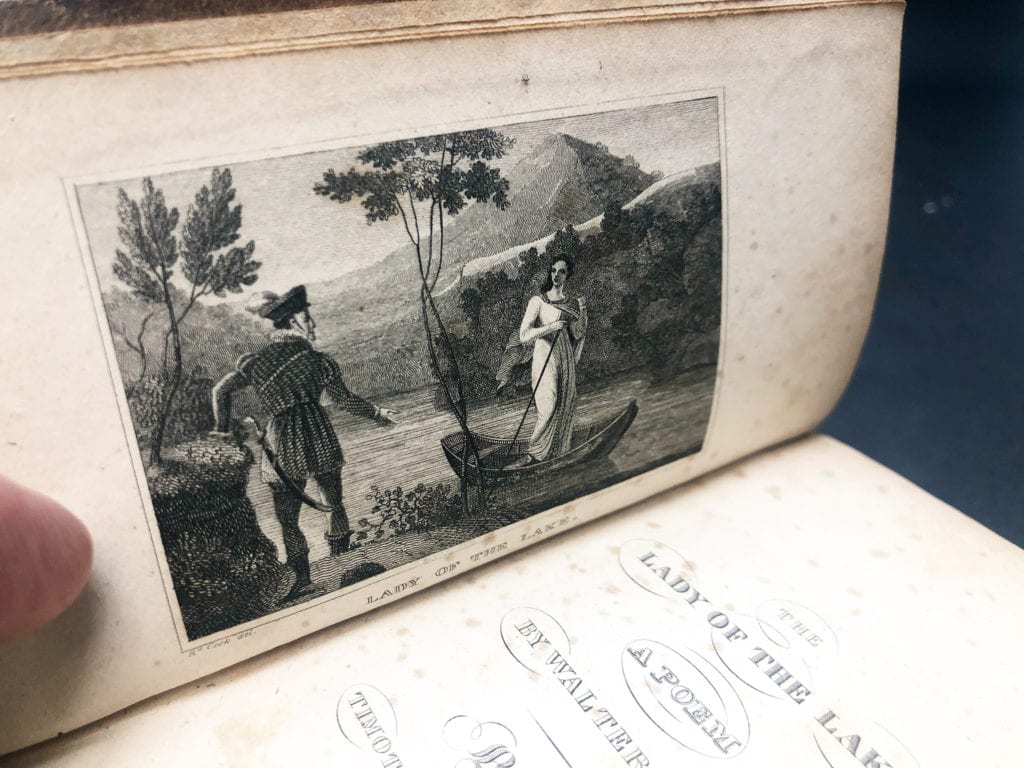
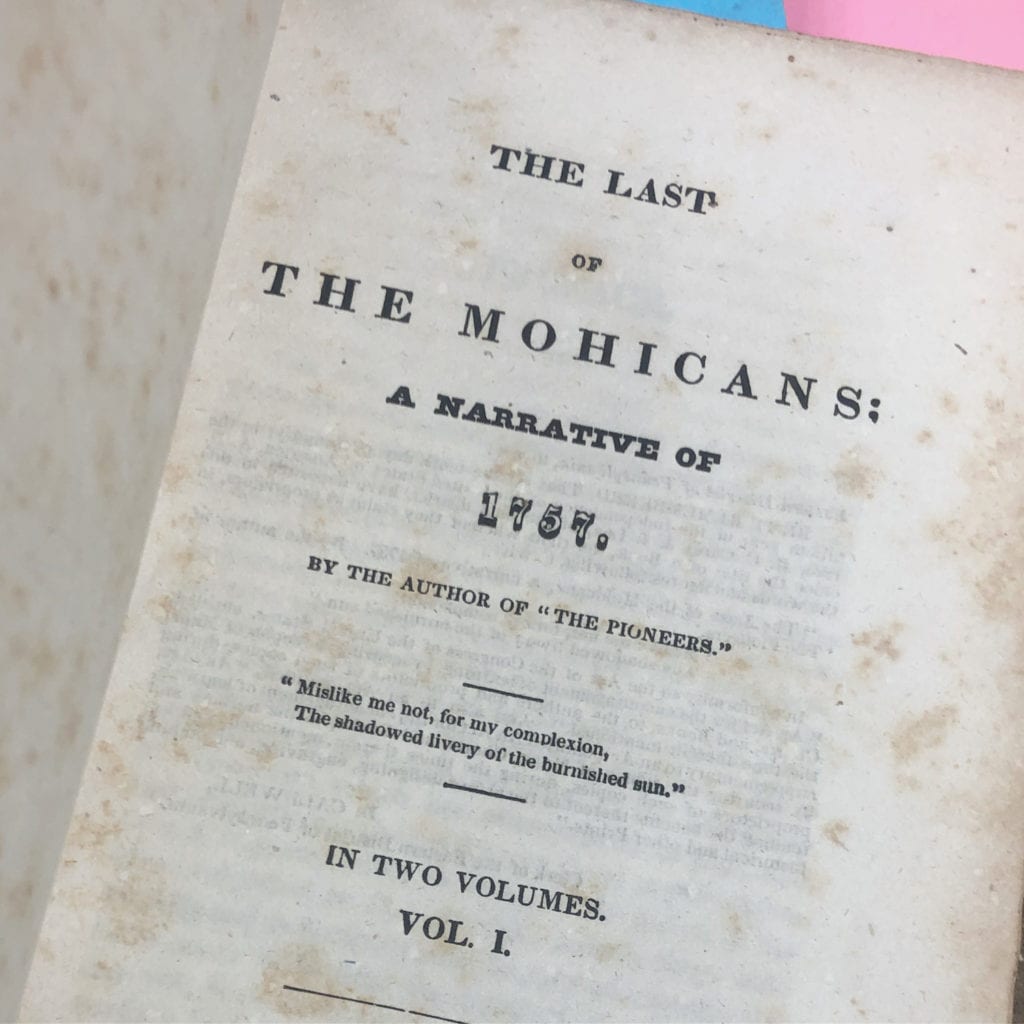
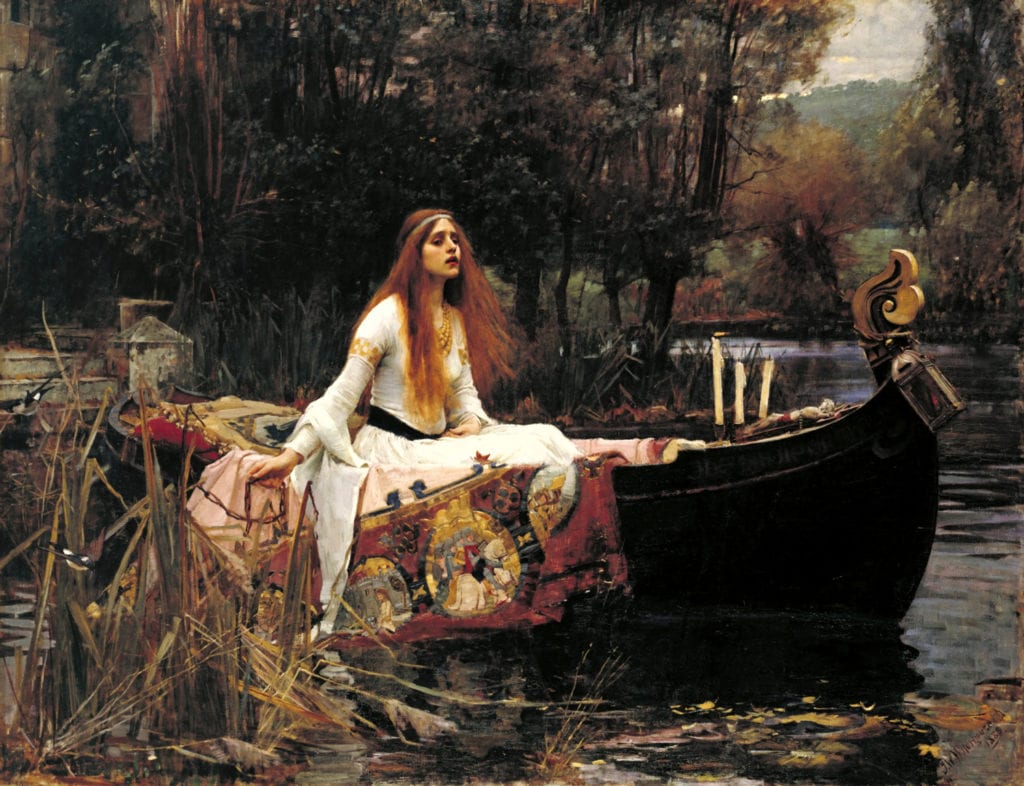
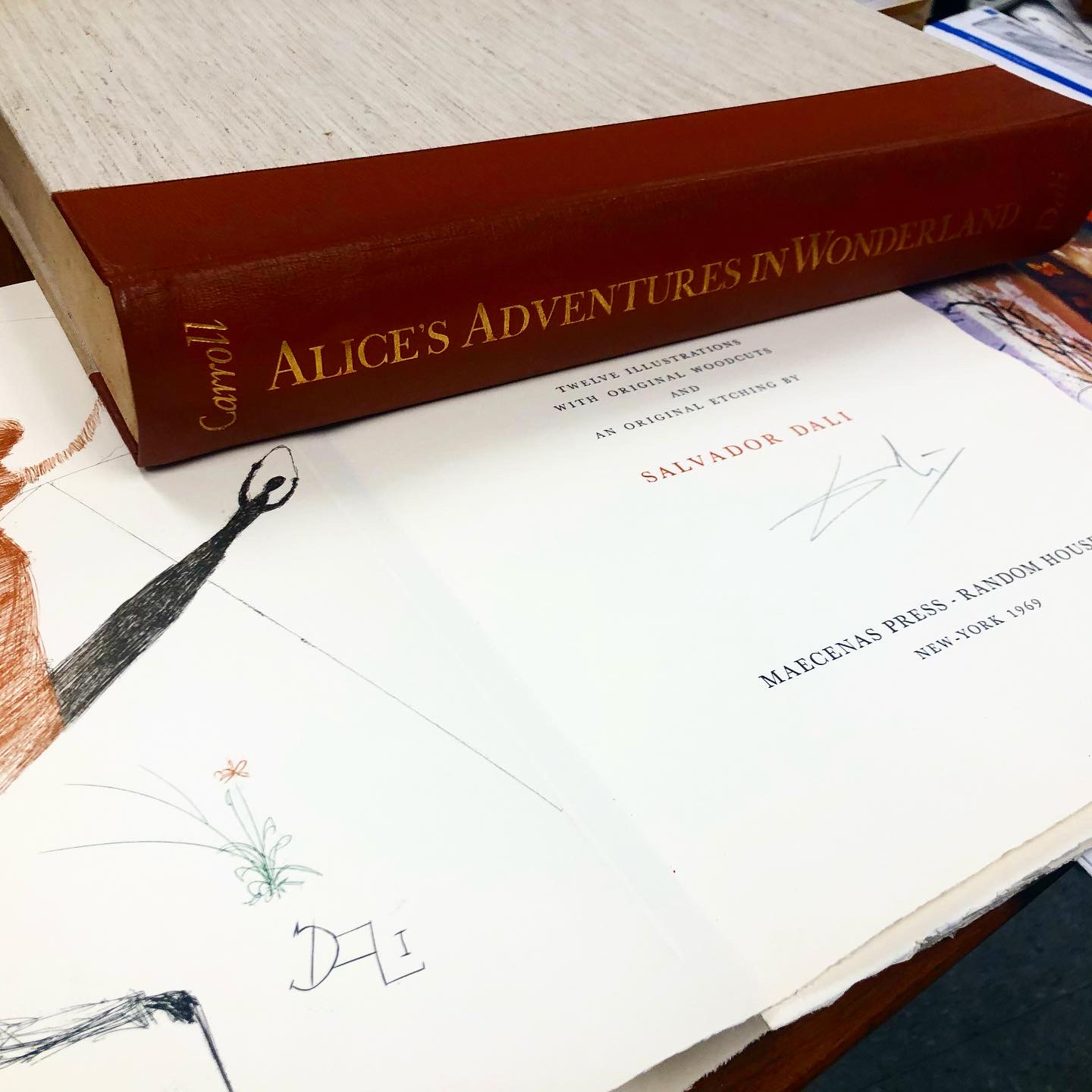
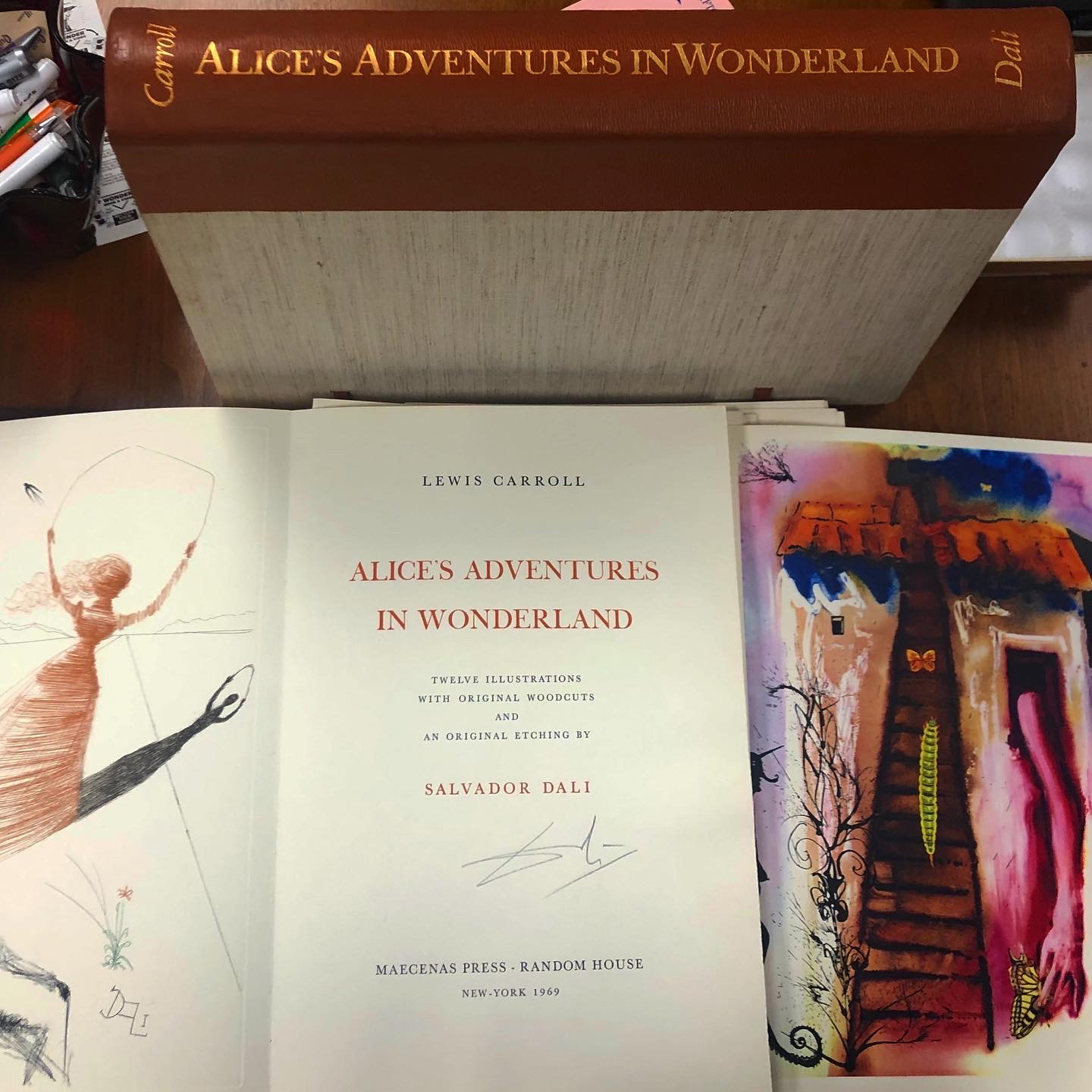
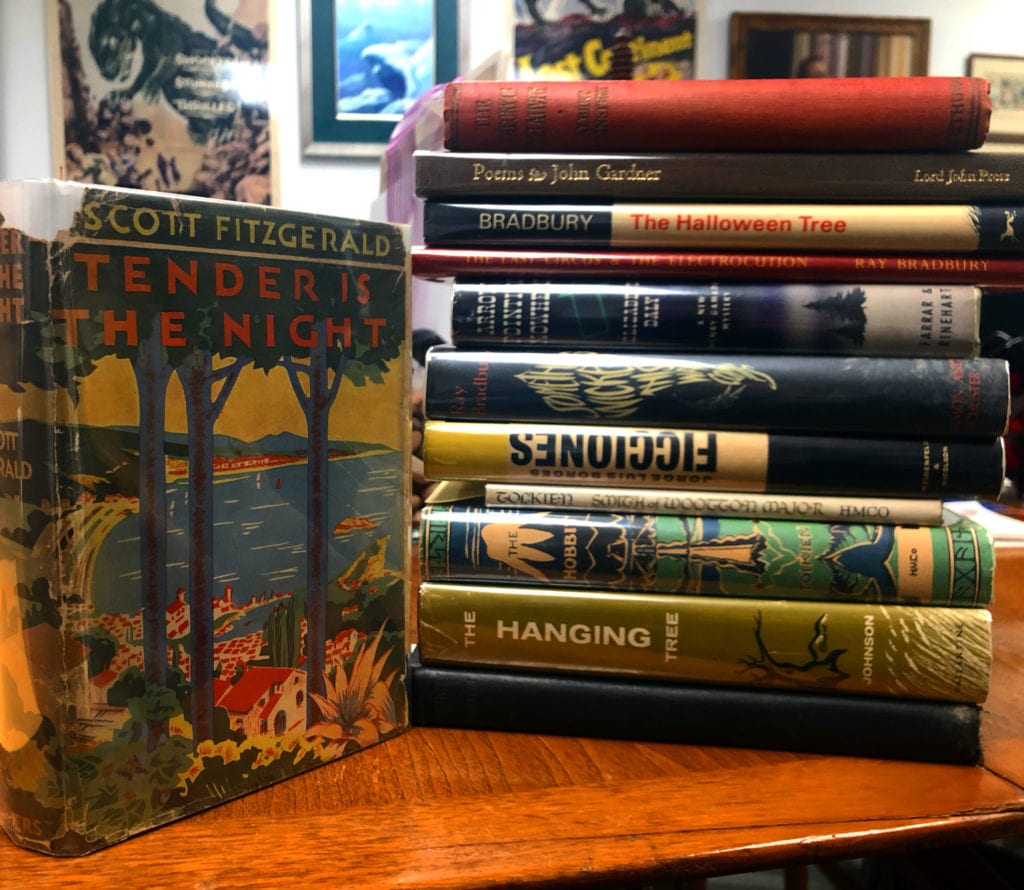
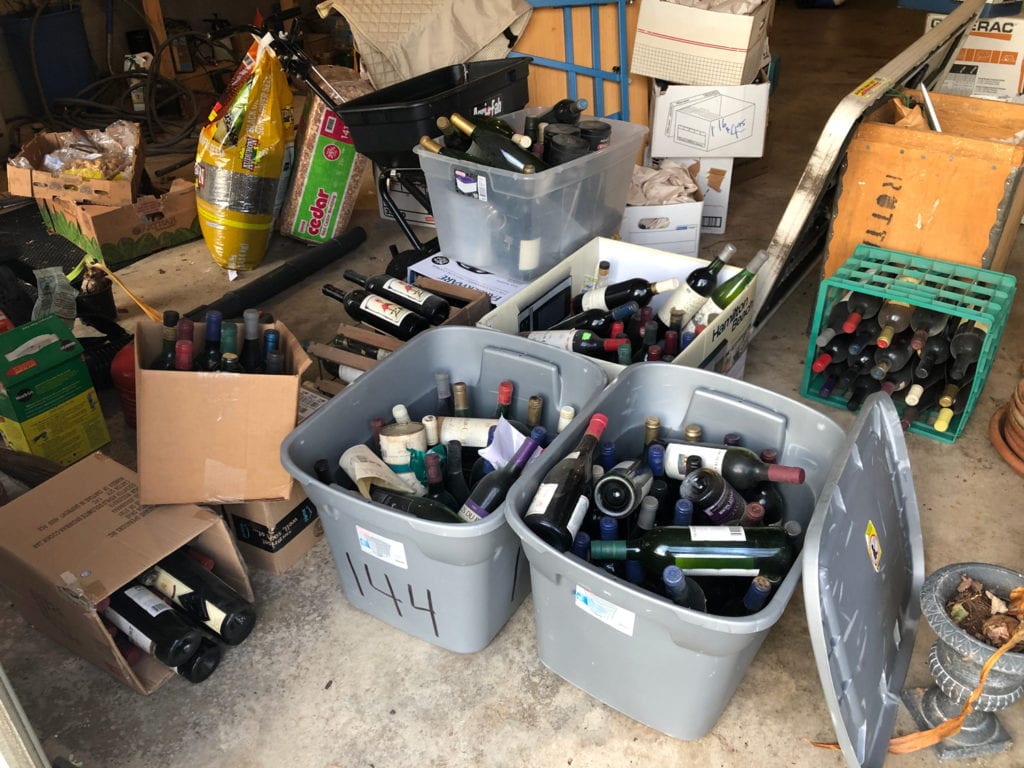
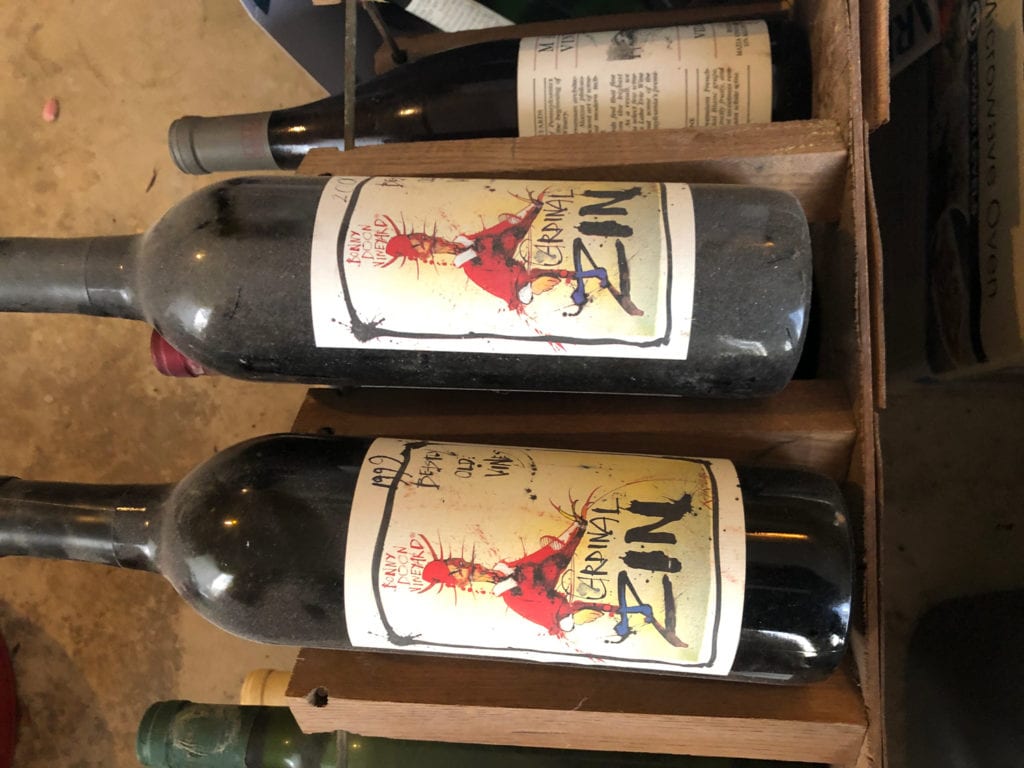
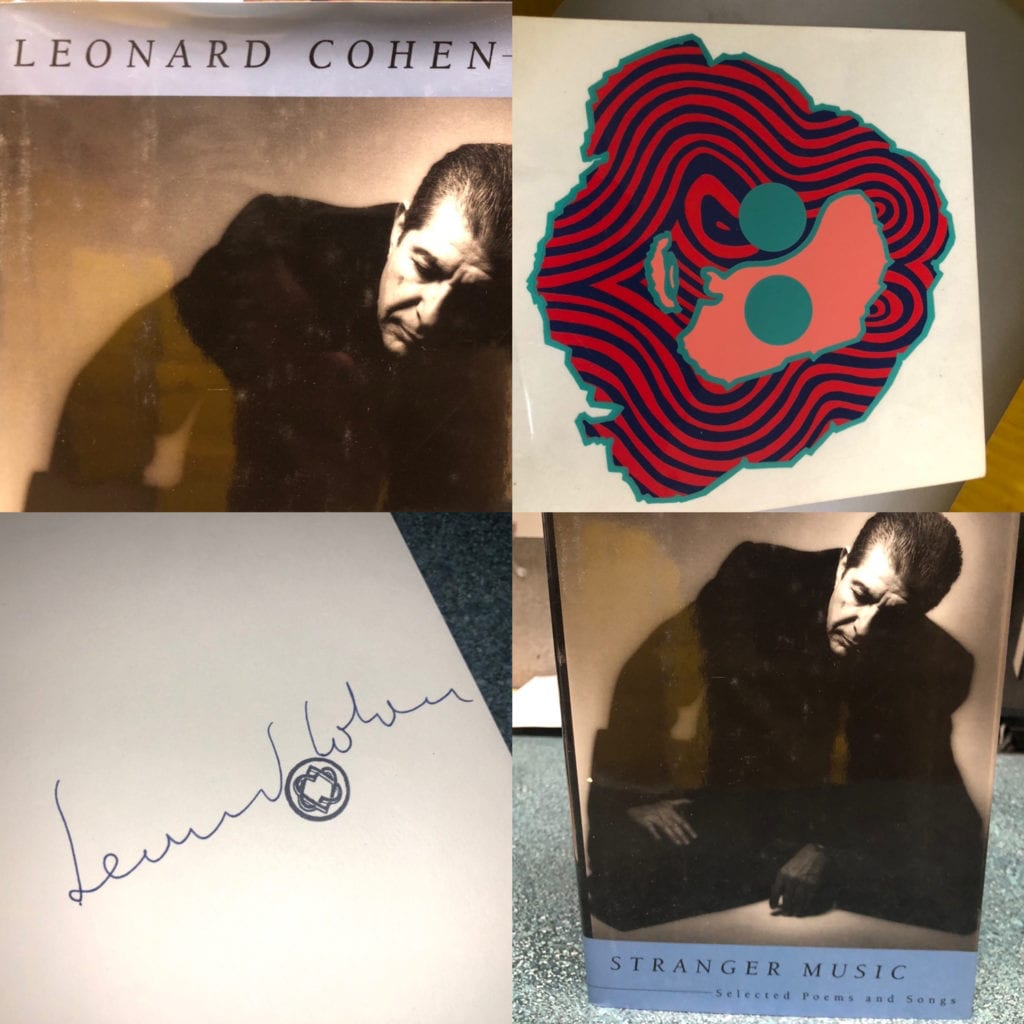
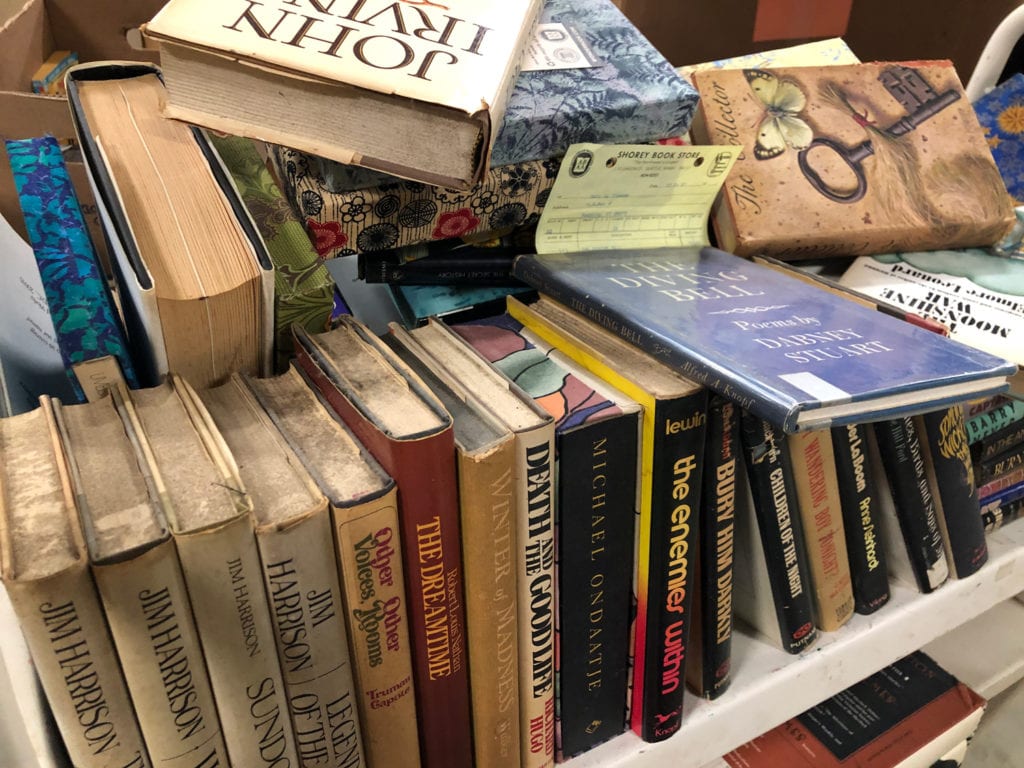
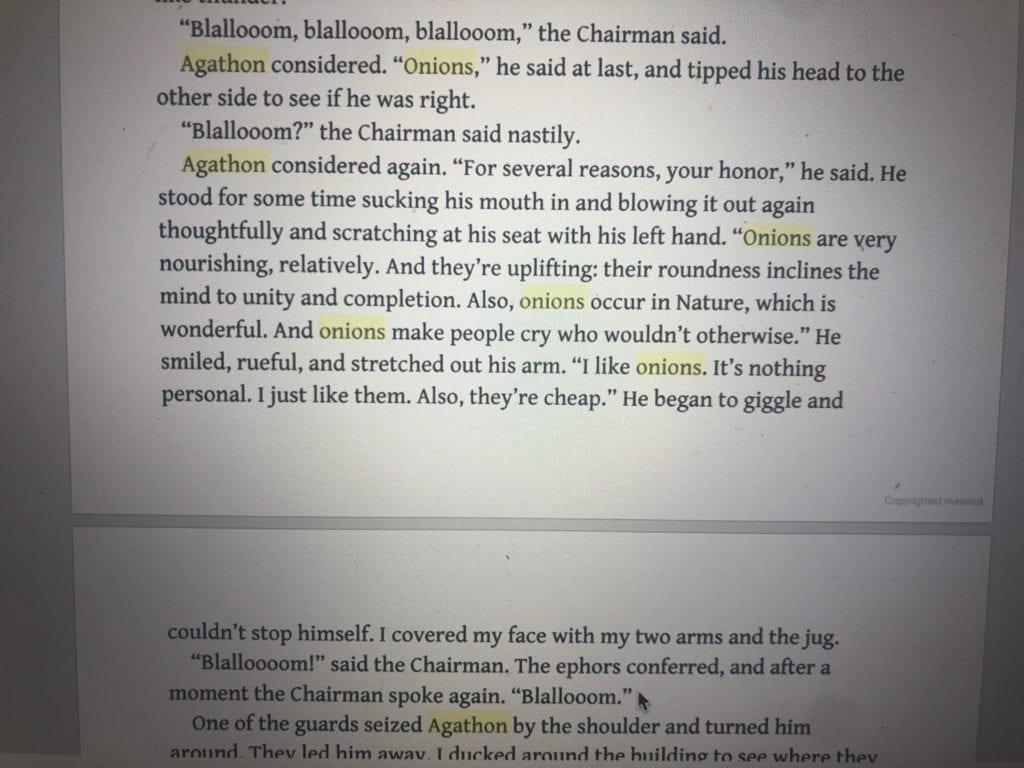
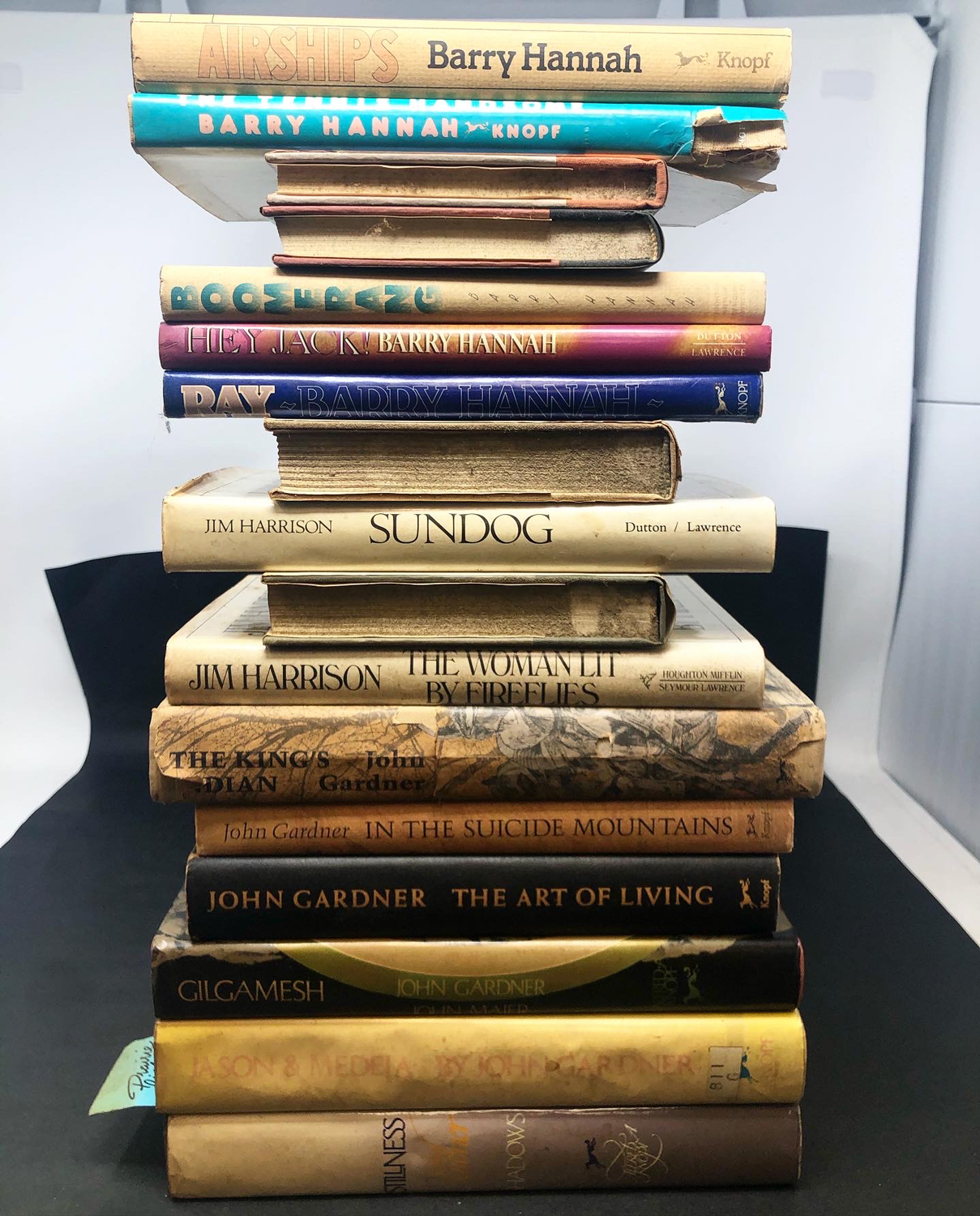
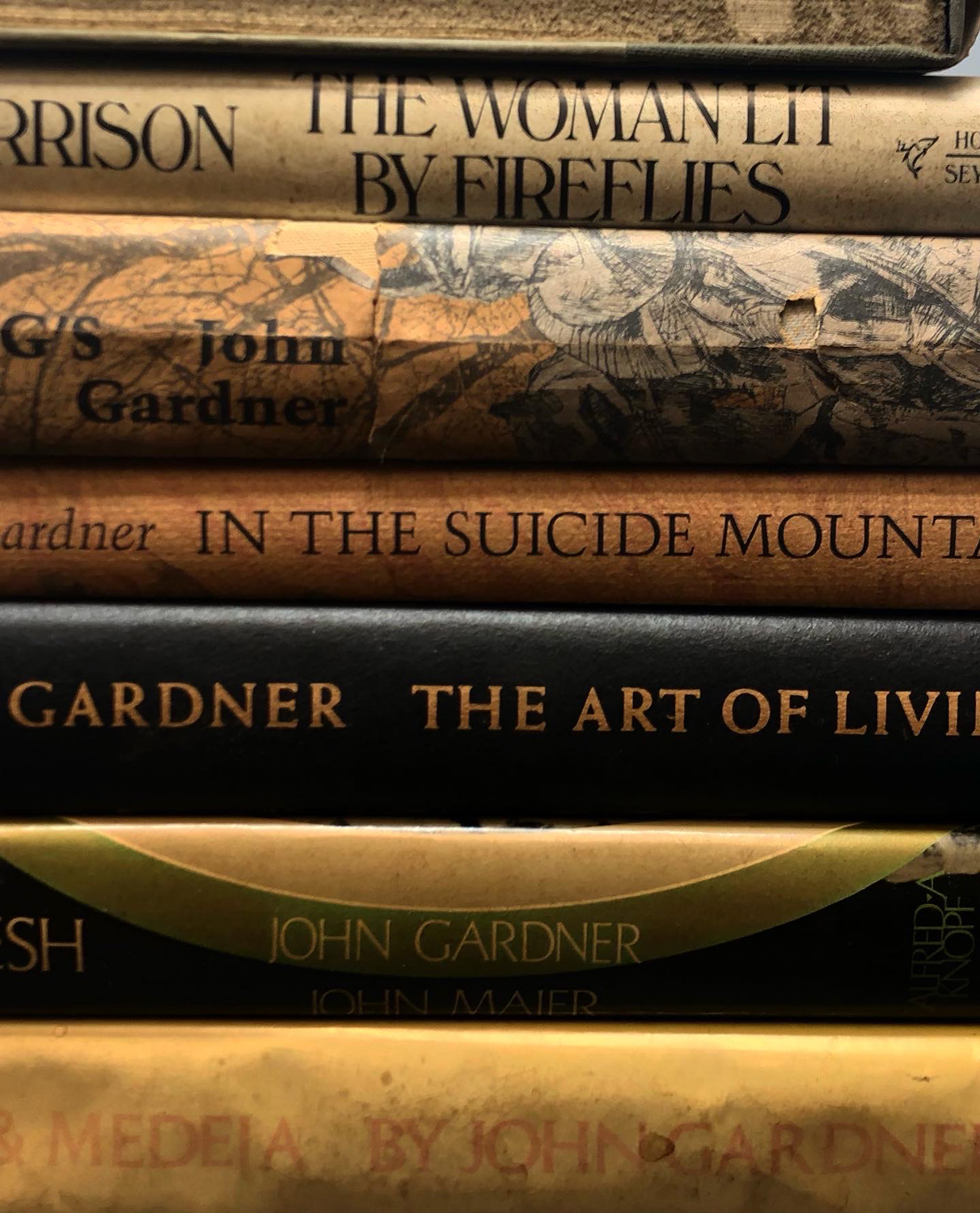
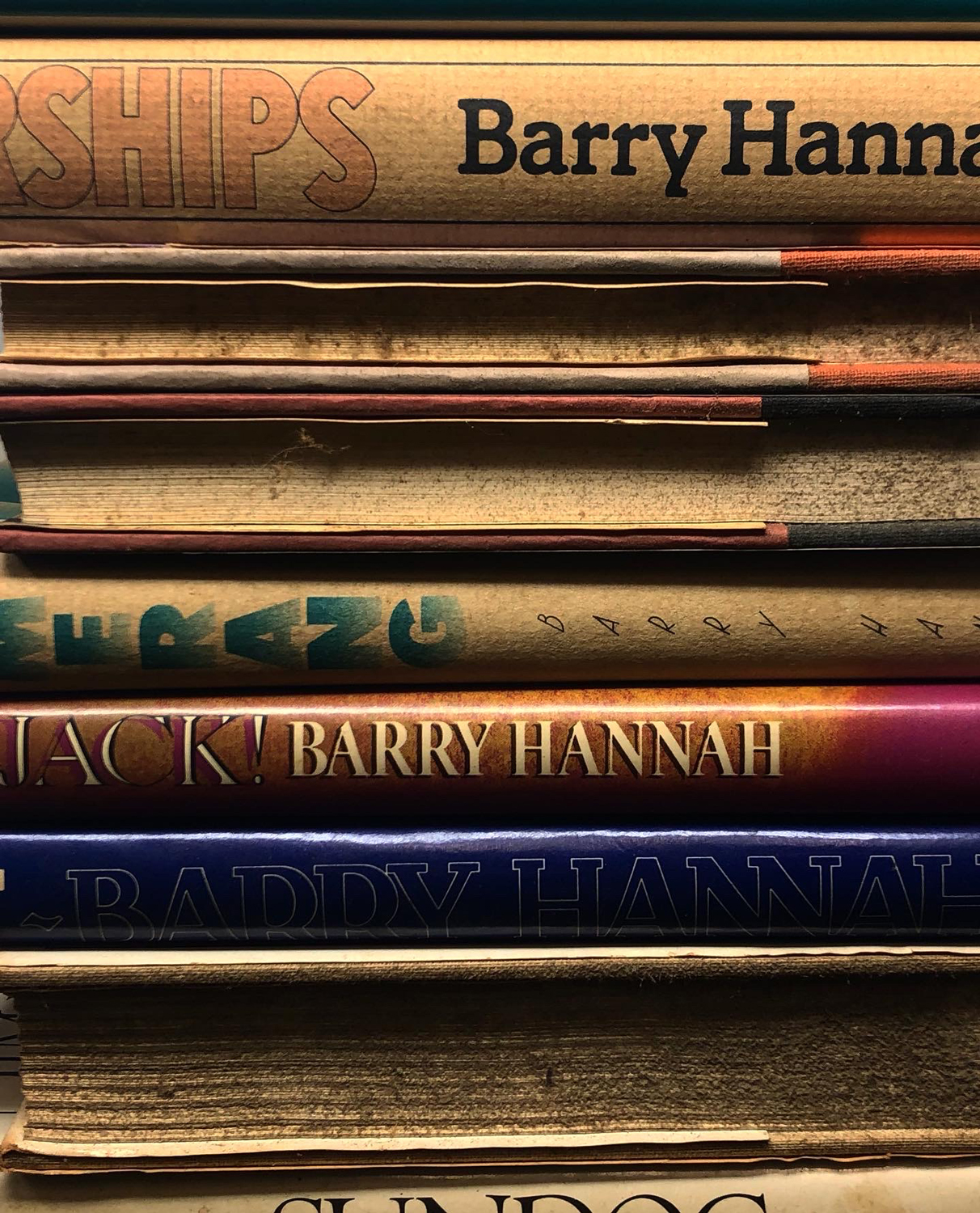
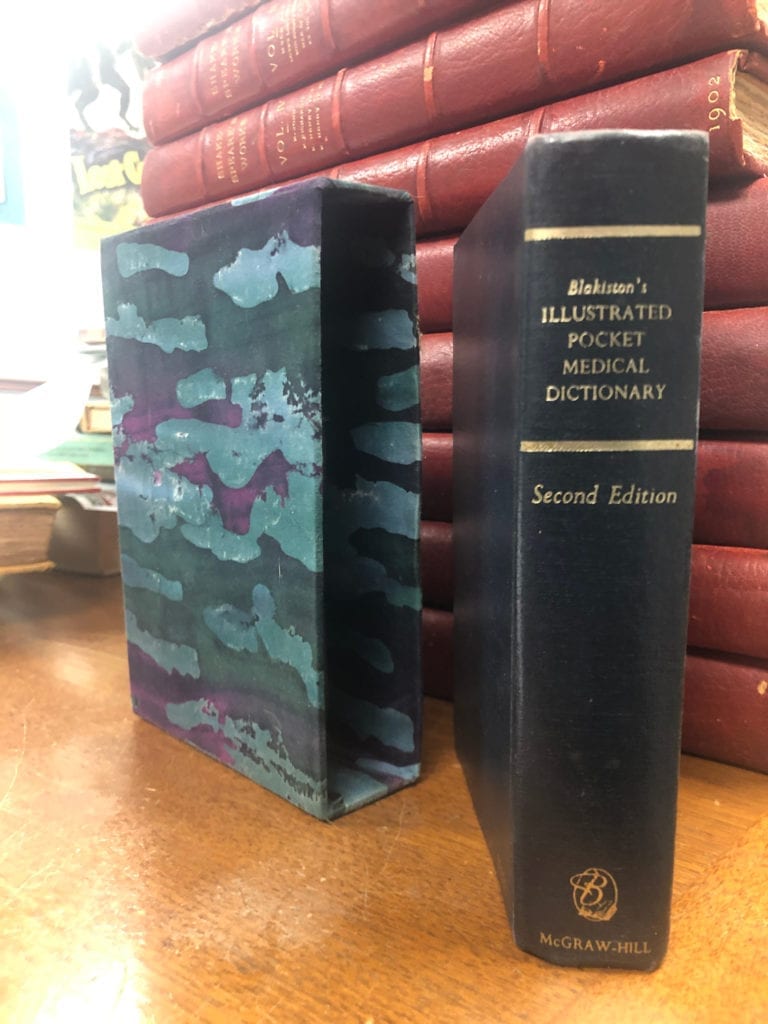
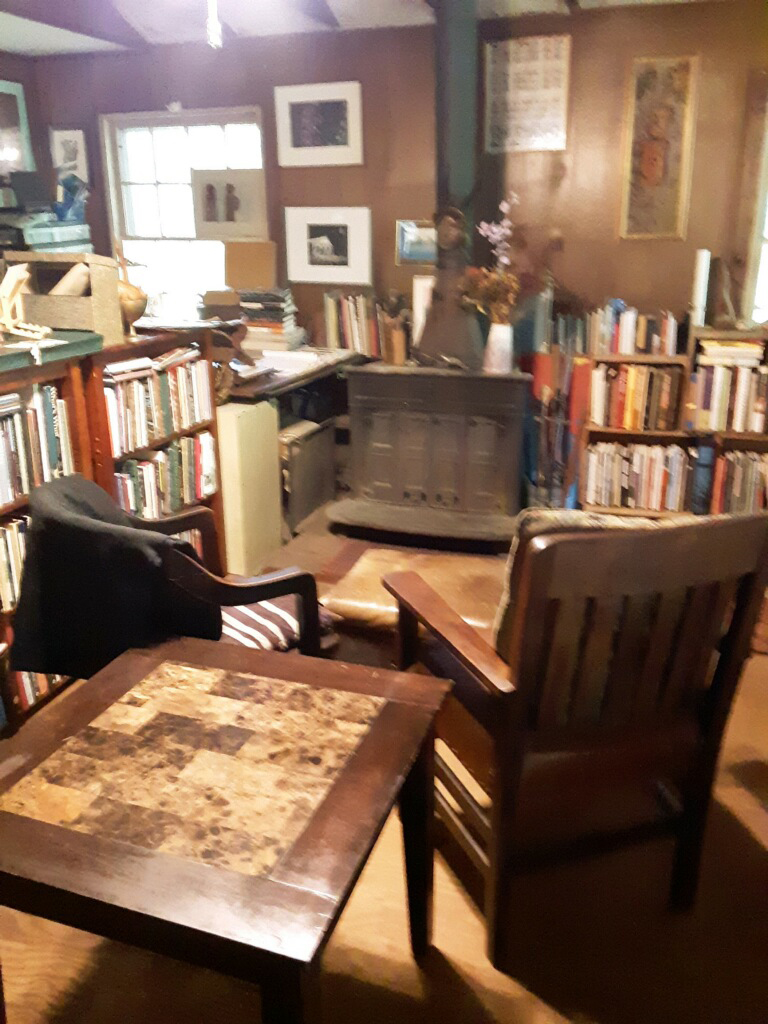
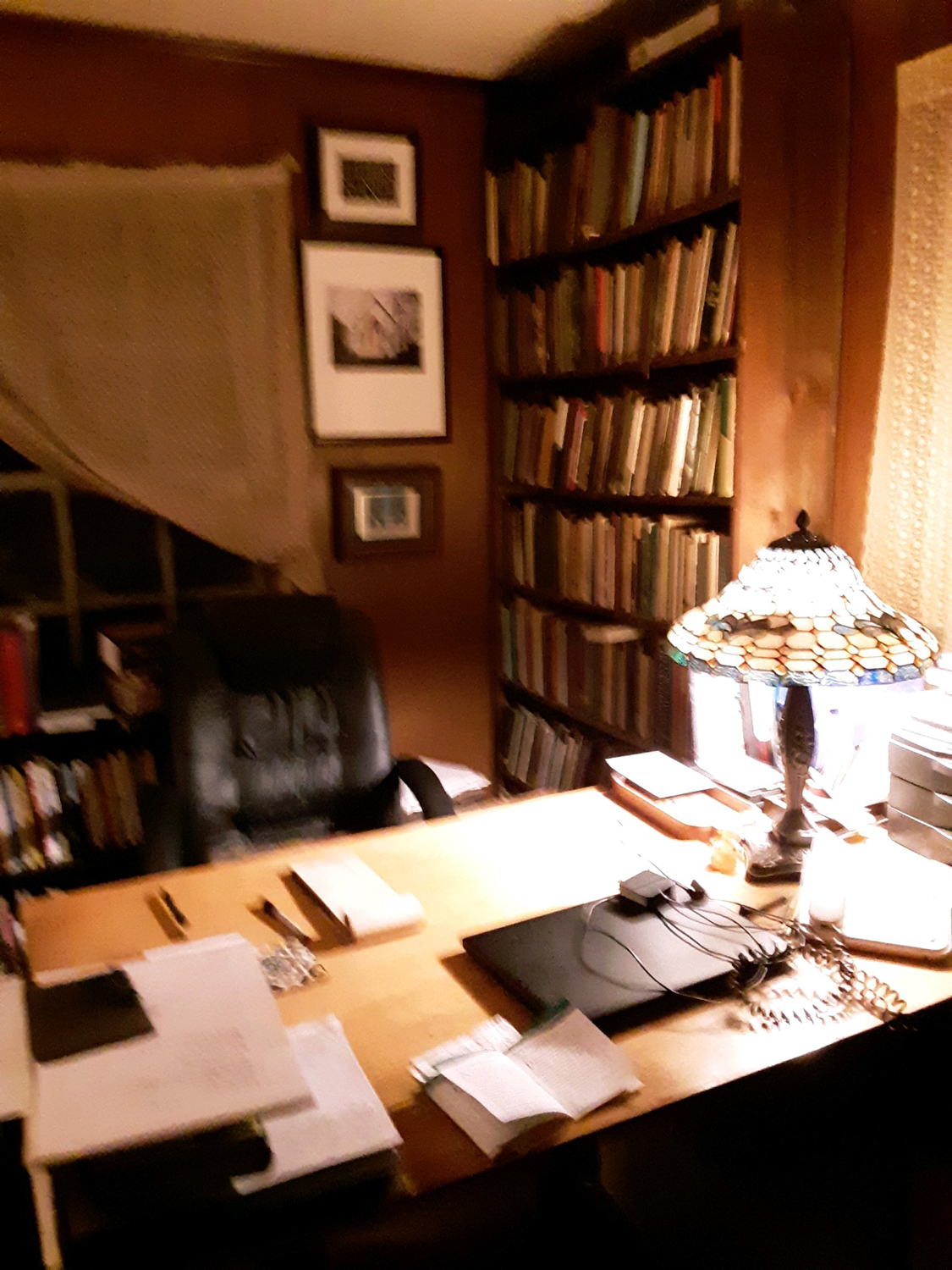
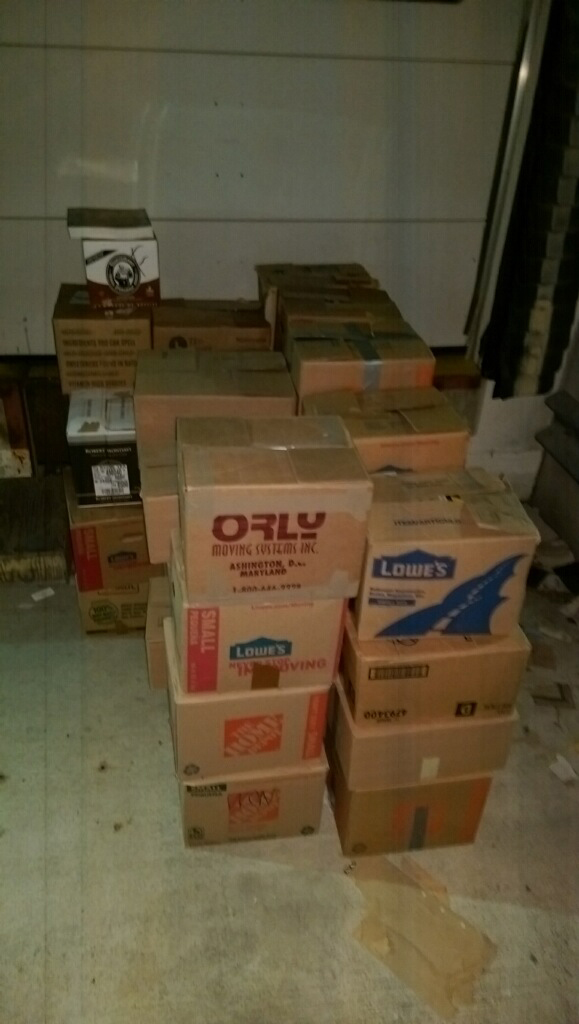
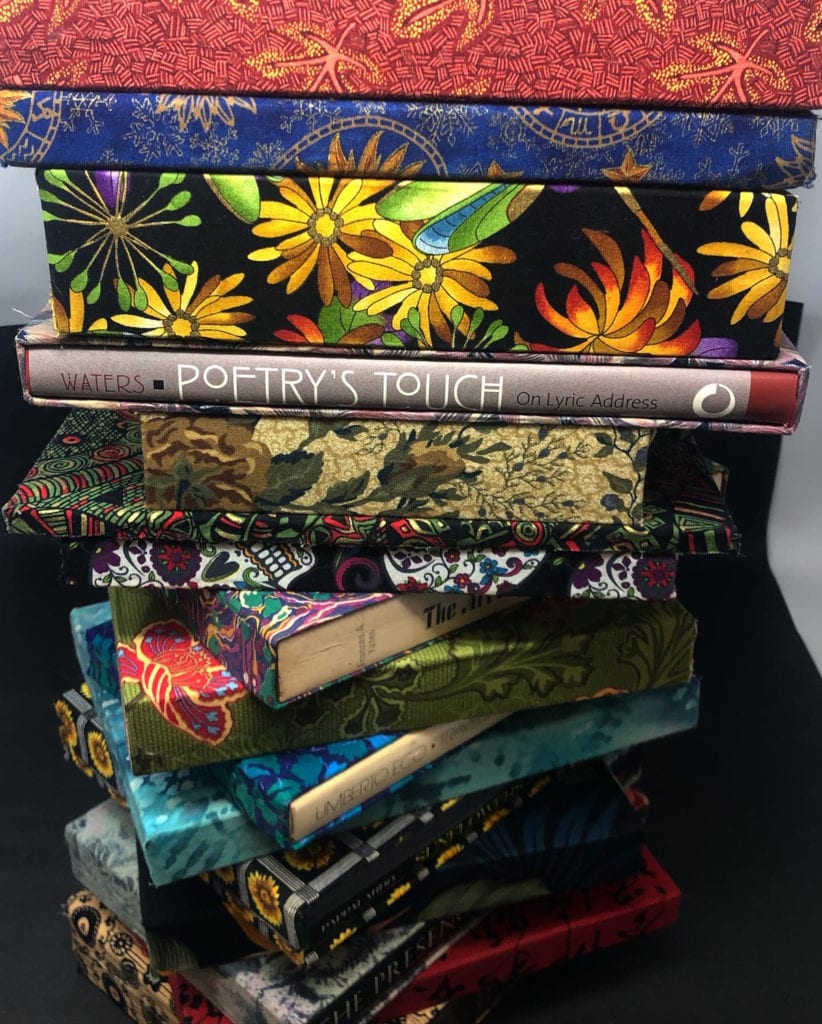

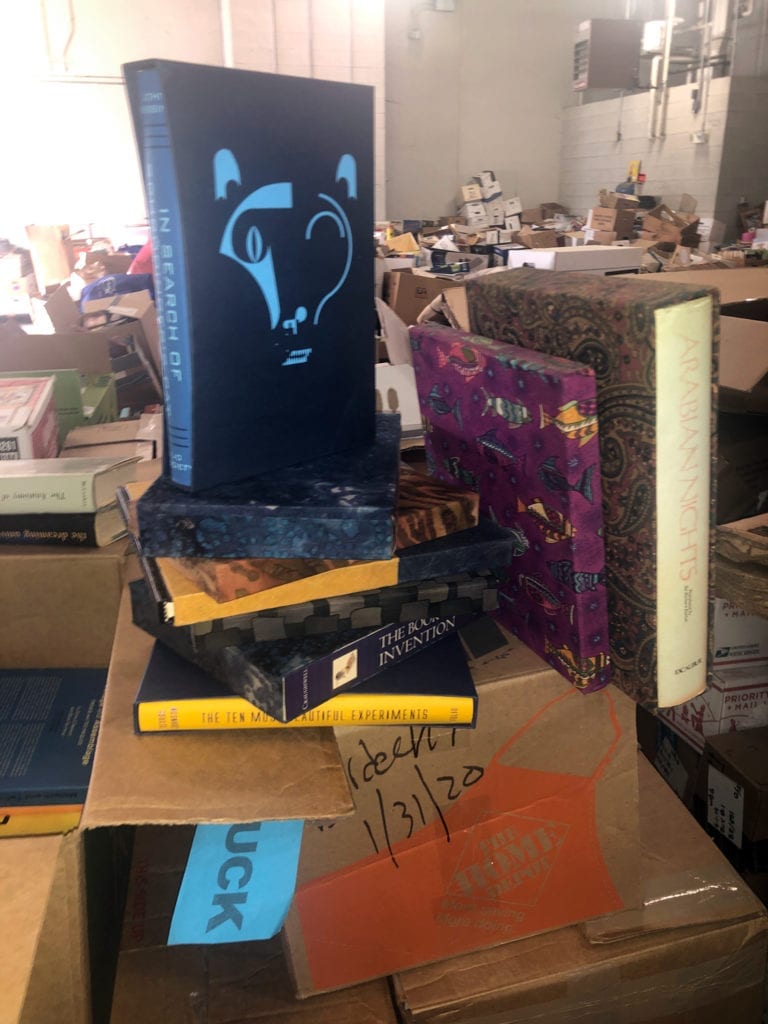
I wish you had more time to write. Your descriptions are so vivid. I can see in my minds eye the terrain and everything else.
Thank you Debbie!
I need to work to keep getting story ideas!
Thank you for reading and commenting!
Chuck
Lady of the Lake is something of a slog, I agree. But Scott’s novels are often quite good, especially the Scottish ones. His reputation has suffered from his English novels, like Ivanhoe, becoming the most popular ones of his day. But they suffer from too much fake chivalry. The Scottish ones are filled with adventure and humor, along with a keen insight into human nature.
Hi Gregory
Maybe it is time he gets rediscovered!
His first editions still have value.
Maybe I’ll pick one of the Scottish ones up and give it a try.
Thank you for reading and the the thoughtful comments.
Chuck
In another coincidence of life, the “poet in the woods” actually worked in the building that is now your warehouse. His postal career is briefly mentioned in the Good News article.
I saw worked the late shift in the post office.
“…from the sorted to the sordid..”
I didn’t know it was here!
Strange…I’ve spent all weekend with his books and by proxy – him.
Thank you for reading and sending in a comment!
Best
Chuck
The Good News article says Martinsburg but prior to that he worked most of his career at the Frederick plant until its closure when he was reassigned along with 300 other employees.
Thank you!
Thanks for resurrecting Richard Peabody in my memory, Chuck. I met him once many, many years ago at AU when I was studying there under Henry Taylor, a fine teacher with a great sense of humor who taught me how to see poetry. (The realization I would never be more than a B+ poet I came to on my own.) Taylor is a master of form and took us through the hoops in an attempt to show us that poetry is as much craft as art and that form sometimes forces you to say things in a way that you might otherwise miss.
As an American Lit major, I did my time with JF Cooper, and it’s no wonder he’s fading completely. He did set the stage for an American fiction but we had to wait for Clemens to breathe real air into its lungs and bring it to life.
Though we’ve never met, we’ve haunted many of the same spaces like the Book Alcove in Gaithersburg where I whiled away many Saturday afternoons. As a California resident now, I have to spend all my time with Wonder Book online. It’s not nearly as much fun, driven more by purpose than the serendipity of wandering the aisles. Your blog, nevertheless, allows me to do something resembling that as you let us peek over your shoulder while you sort through the boxes or rummage the carts. Thanks for that. It’s not quite the Book Alcove on a wintry Saturday afternoon, but it’ll do.
Those are great comments Tom.
It’s cool that these are being read as far away as California.
I spent this weekend with the poet’s books and it’ll likely be a sequel story.
I’m taking a break now before I go clean it up.
We were lucky to have great book stores in the region.
I’m glad you still shop at Wonder – virtually.
Your thoughts really mean a lot!
Thank you,
Chuck
Thank you so much for your lovely words. Uncle Paul’s essence is in everything he touched. His poems captured the essences of whatever he was writing about and were filled with music and humor. Every person who had the opportunity to spend time with him was inspired to be more creative, to live more graciously, & of course, to try their hand at verse.
Dear Sheryl, I’m sorry for your loss. It was a great pleasure going through Paul’s collection. I tried very hard to do every book justice. His tastes very much mirrored my own. Thank you for reading and commenting! Best wishes, Chuck
Charles,
As soon as possible I want to see this documentary.
https://youtu.be/ymcRRt3Ix04
You should be in this!
Ken
Thank you Ken. I know a lot of the folks in that film. I’m looking forward to it too.
Thank you for the link, for reading the story and commenting!
Best
Chuck
Chuck,
As it happens, I keep a postcard of Waterhouse’s Lady of Shalott on my desk. I’m looking at it now. Bought at Tate Britain. It must be one of the most romantic of all paintings.
Glad to see so many comments on the blog.–md
Great to hear from you Michael.
I also bought my Lady at the Tate when I was a teen. I was disturbed when Custom’s opened it and bent it a bit.
Let’s get together soon here or there. I have some Oberlin things for you.
Thank you for reading and commenting!
Chuck
Hey Chuck–Just now seeing this. Paul Grant was a good friend and he and Joyce Renwick (a student of John Gardner’s in fact) lived together in Bethesda and later in Iowa City where Joyce sadly died in a car wreck. That’s when Paul moved off to the woods. Ed Zahniser (who was part of the Some of Us Press Dupont Circle scene back in the early 70s) assembled a proper book of some of Paul’s work. I wrote a blurb. He was one of a kind, really. I think I first met him when he worked a Jazz record shop just off K St. at Farragut Square. He used to own a barber chair that sat in the living room in Bethesda. Ahh, memories.
Great to hear from you Richard!
That collection was very interesting although they almost all had condition issues from unheated storage.
His niece came and met me. I think she is trying to get something published. I can put you in touch if you wish.
Allen Ahearn is ailing pretty badly and you may want to touch base.
In mid July I will have published at least one of these stories every Friday for FIVE years.
You should come visit and see the place.
Thanks for commenting!
Best
Chuck